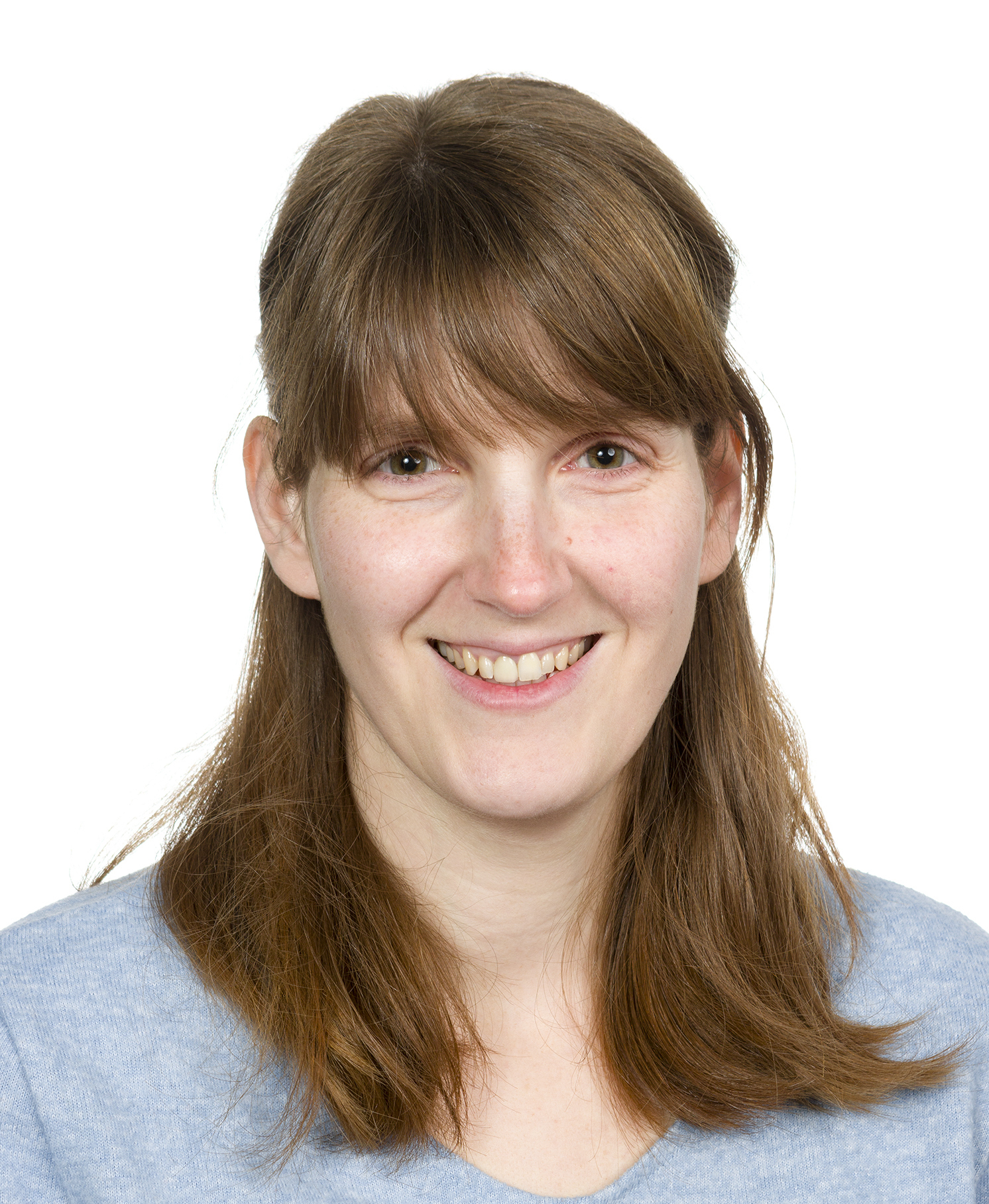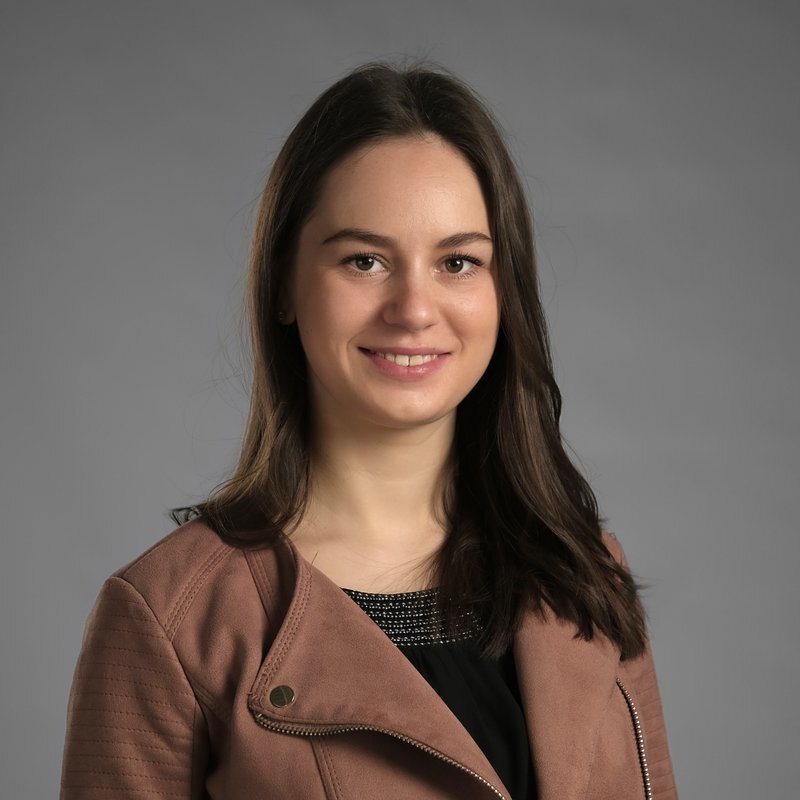
Carla Quesada Pallarès
Autonomous University of Barcelona, Spain
SIG Coordinator

Autonomous University of Barcelona, Spain
SIG Coordinator


Research methods are at the core of any empirical study. Learning researchers have at their disposal a rich repertoire of different qualitative, quantitative, and mixed method designs that correspond with different underlying methodological and epistemological paradigms. These methods are associated with various units of analysis on individual and collective levels.
The aim of the SIG is to offer a forum and platform for all those who wish to engage in discussions, dialogues, reflections, and joint collaborations on methods in learning research. In doing so, the SIG is open for all methods, methodologies, and epistemologies that address the processes, practices, and outcomes of human learning. Some key questions are:
EARLI Methods Chats are low-key meetings in which EARLI members gather to talk about their experiences, ideas, questions... regarding a specific methodological topic. They are designed for both junior and senior researchers, for beginners, experts, and anyone in between. The idea is that we can all learn from each other. Whoever you are, please join us if you want to chat about methods and meet like-minded peers!
Zoom Link for the Methods Chat
June, 3rd 2024 (1-2pm CEST)
Discussant: Robert Threlfall
Description:
Frequentist inferential statistics assumes a setting with infinite, repeatable, independent and identically distributed (IID) sampling from the data-generating process. It applies to scenarios that can, in theory, be repeated infinitely, such as repeatedly rolling fair dice. Each roll is independent, and each roll has the same distribution of values.
Frequentist methods work well in many real-world situations, such as repeated sampling from a well-defined population (sampling frame) or testing products from a stable manufacturing process. However, these frequentist assumptions can be too restrictive in many cases and may not be realistic.
Bayesian inference, in contrast, doesn’t require this presumption of repeatability. It allows for inference based on data from a single, non-repeatable data-generating process.
In Bayesian statistics, we start with prior distributions for our model parameters, reflecting our prior beliefs. Since we don't know the exact values of these parameters, each has its own distribution of probable values. For instance, if our data is modeled by a normal distribution, but we don’t know the exact mean of this normal distribution, then this mean will have its own distribution. Using Bayes' theorem, these prior distributions are updated using the new data.
The updated distributions of our model parameters are our posterior distributions. These posterior distributions reflect our improved knowledge. With these posterior distributions of model parameters statistical inferences can be made without requiring the setting of IID and repeatability.
Date to be announced
Discussant: Katrien Hermans (University Hasselt, Belgium)
February, 4th 2025, 1pm - 2pm (CET)
Prof. Dr. Judith Schoonenboom (Professor for Empirical Pedagogy; University of Vienna; judith.schoonenboom@univie.ac.at) and Dr. Paulina Robalino (Independent Consultant and Speaker on Employee Experience & Data Analytics; paulina.e.robalino@gmail.com) are experienced researchers inside and outside academia and discussed strategies and career opportunities in order to enrich our career planning with valuable perspectives and experiences.
December 10th 2024, 1pm-2pm (CET)
Discussant: Dr. Denis Weger (University of Vienna, Austria; denis.weger@univie.ac.at)
May 14th 2024, 1pm - 2pm
Discussant: Dr. Denis Weger (University of Vienna; denis.weger@univie.ac.at)
April 23rd 2024, 1pm-2pm
Discussant: Felipe Sanchez Burgos (Lancaster University, UK; fsanchezb@gmail.com)
February 7th 2024, 1pm-2pm
Discussant: Aldin Alijagic (University of Augsburg, Germany; aldin.alijagic@uni-a.de)
January 10th 2024, 1pm-2pm
Discussant: Dr. Ann-Sophie Grub (Saarland University, Germany; annsophie.grub@uni-saarland.de)
November 29th 2023, 1pm-2pm
Discussant: Dr. Paulina Robalino (SILK Research Centre, Spain; paulina.e.robalino@gmail.com)
SIG 17 Biannual Conference 2026
... to be announced soon!
SIG 4 & 17 Biannual Conference 2024
SIG 17 Biennial Conference 2020 (CANCELLED)
SIG 17 & 25 Biennial Conference 2018